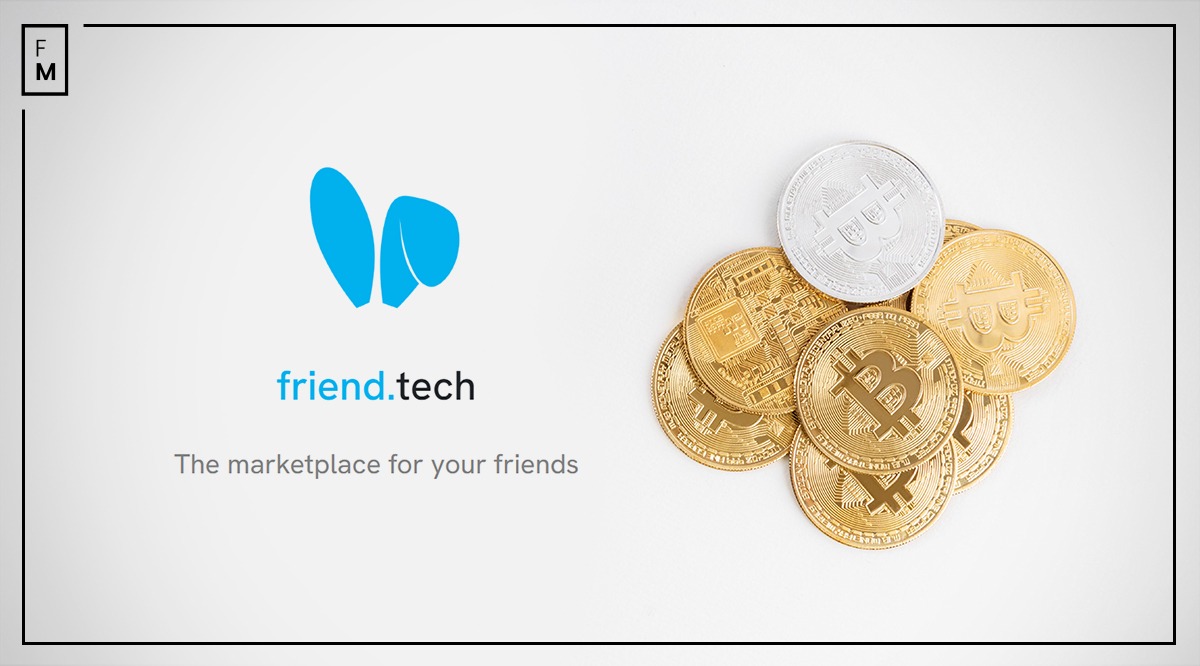The cryptocurrency market has once again witnessed a sudden success and an even faster downfall, with Friend.tech being the leading player. Within two weeks, it became one of the highest-earning services in the decentralized finance sector while simultaneously stirring up controversy with its business model and alleged use of bots for speculation.
This article delves into the rise and fall of Friend.tech, examining the factors that contributed to its initial success and subsequent decline and its implications for the broader crypto ecosystem.
Friend.tech's Dynamic Rise and Dynamic Bust
Friend.tech, a blockchain -based platform that debuted on 10 August, experienced a rapid ascent in the crypto world. The platform allows users to buy and sell digital tokens linked to influencers on X (formerly Twitter), providing a unique way to engage with Internet personalities like Cobie, HsakaTrades, and professional athletes, including Milwaukee Bucks player Grayson Allen. Within less than two weeks of its launch, the platform's fees skyrocketed to nearly $1.7 million, making it the highest-earning service provider in decentralized finance at one point.
However, the platform's success was short-lived. Fees dropped by nearly 70% within days, and the number of new users plummeted from 20,360 to just 4,484, a decline of almost 80%. In the meantime, the revenue fell tenfold, from record-high $840,000 reported on 21 August to $81,000 reported yesterday (Sunday).

The exact reasons for the decline are still unclear, but Messari's (a crypto research firm) report cited high trading fees, slow load times, and a steep pricing curve as potential factors.
Friend.tech operates on Coinbase's new blockchain network, Base, and its initial success was a rare bright spot for the chain. However, the platform has been plagued by various issues, including a lack of a privacy policy and the role of automated trading bots in manipulating transactions. These bots have significantly contributed to the platform's downturn, as they can buy tokens before influencers, forcing them to purchase at higher prices.
The platform has also faced criticism for its token model, which provides little incentive for creators to remain engaged after the initial sale. This has led some to liken Friend.tech's model to that of nonfungible tokens (NFTs), which have similarly struggled to provide ongoing value to creators. If Friend.tech fails to offer a compelling utility that encourages user retention, it risks becoming another fleeting trend in the volatile crypto landscape.
Moreover, the platform recently renamed its influencer tokens from 'shares' to 'keys' likely in an attempt to sidestep potential regulatory issues. This move came after legal experts noted the possible overlap with the US regulators' ongoing crackdown on digital assets that could be classified as securities.
Crypto's Utility Problem
Friend.tech's challenges are symptomatic of a larger issue in the crypto space: the struggle to provide a real utility that encourages user retention. The platform's rapid rise and fall serve as a cautionary tale, highlighting the volatile nature of crypto projects that lack a sustainable model.
As Ryan Wyatt, the former president of Polygon Labs, aptly put it, "In its current form, you're basically looking at an unintended Ponzi with first in/first out because there isn't any product feature depth to create stickiness or retention."
The cryptocurrency market, in its decade-plus history, has witnessed many high-profile successes and even more high-profile failures. Recent examples include the collapse of the FTX exchange in November 2022 and the Terra ecosystem and its Luna coin in March 2022.
Due to the volatile nature of cryptocurrencies and the costly crimes occurring in this market, regulators in the United States have started to scrutinize the activities of crypto companies more closely. This has led to legal action against the two largest cryptocurrency exchanges in the world, Binance and Coinbase.


















